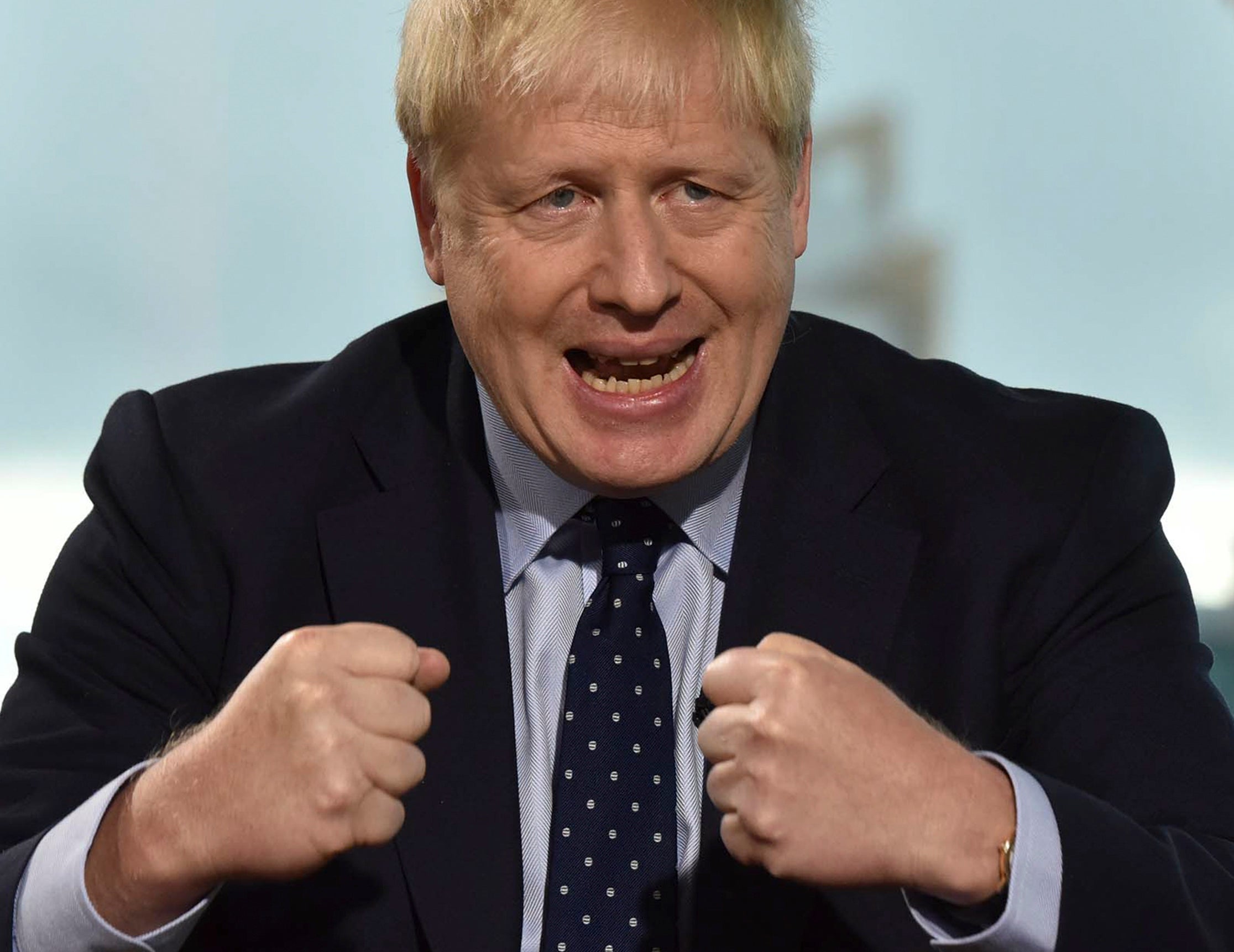Boris Johnson's approach to Brexit talks amounts to a "kamikaze" raid on Brussels, EU diplomats believe – as the clock ticks down to a potential no-deal at the end of October.
EU member states, even those traditionally seen as UK allies, believe the British prime minister has not taken a reasonable approach and wants the EU to tear up its rulebook to make special exceptions for it.
"The kamikaze way that this is now being dealt with by the UK government is not something we have chosen," one senior EU diplomat said.
"This is about the basic principles of the internal market – this is what all of us have agreed since 1958 and we’re not going to be put this in jeopardy, because we legally can’t, because we don’t want to, and because it would lead to a whole lot of other problems."
Meanwhile, the EU's incoming trade commissioner Phil Hogan has warned that political instability in the UK "very hard to know what direction the UK is going at the moment".
The UK is set to bring forward concrete proposals for the Irish border after Tory conference this week, to minimise their political impact on the government. But diplomats from the EU27 are concerned the plans could turn out to be "rubbish".
Concepts presented so far by the UK were described as “way short of being a basis" for actual detailed negotiations, diplomats believe.
Concerns from member states are centred around the premise, apparently included in the UK plans, that goods coming from outside the EU could be treated differently under the proposed system.
Member states believe that granting such exemptions for the UK would cause problems for the single market down the road because they would prompt traders from elsewhere in the EU to seek more exemptions.
"The gap is still huge, I think there’s no other way of phrasing that," the senior EU diplomat said.
Interventions by Stephen Barclay, the Brexit Secretary, have also been viewed as unhelpful. The secretary of state has spent the last few months warning of the danger of no-deal to other EU countries such as Ireland and Spain, who he has said would be devastated by the UK crashing out.
Boris Johnson and Brexit merchandise for sale at the Tory conference
Show all 10"It’s funny that he knows so much about the consequences for other EU economies, but doesn’t talk about the consequences for the UK economy, which are as many reports state, substantially worse," the diplomat said.
A UK source said: "It is in both sides' interests to get a deal and we are working energetically to do so. As we've committed, we'll be creative and flexible in our approach to find a solution and we trust the EU will do the same."
Speaking in the European Parliament on Monday night, Ireland's commissioner Phil Hogan, who is taking over the trade portfolio, suggested UK backsliding on "level playingfield" commitments dating from the Theresa May era would make a future trade agreement harder.
"It's very hard to know what direction the UK is going at the moment because they can't seem to get a deal through the House of Commons, as you know they've tried three times with the existing withdrawal agreement," he told MEPs.
"Prime minister May and the EU had a very good agreement and it certainly reassured the European Union with regards to state aid, the level playing field, standards, on environment, labour rights, food quality, consumer protection – all of those issues are very important to us.
"And they will play a part in the mandate, I presume, that ultimately I will be charged with responsibility in negotiating this agreement. The European Parliament and Council I'm sure will have a lot to say about the mandate that will be given to the Commissioner for trade to negotiate and I'm sure the level playingfield will be high on their minds."
Under British plans to replace the backstop there would be some alignment between Northern Ireland and the EU on products like agricultural goods and a single electricity market. Other categories of goods, such as industrial products, would however be dealt with by a series of "facilitations", which have not yet been detailed in public.
Boris Johnson will come to Brussels on 17 and 18 October to meet with EU member state leaders as a group for the first time. At this summit leaders will decide on whether Brexit needs to be delayed again – but only if they get a request from the UK. Parliament has legislated to force Mr Johnson to request an extension, but he has hinted that he will try to resist the demand by looking for a loophole in the law.
Subscribe to Independent Premium to bookmark this article
Want to bookmark your favourite articles and stories to read or reference later? Start your Independent Premium subscription today.


Join our commenting forum
Join thought-provoking conversations, follow other Independent readers and see their replies